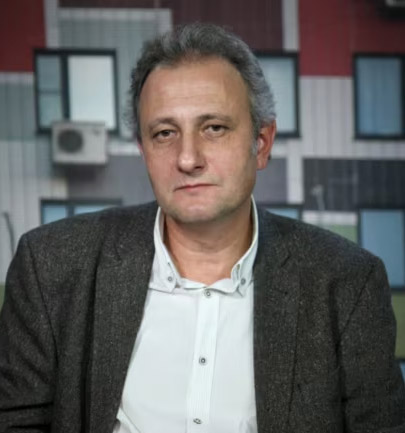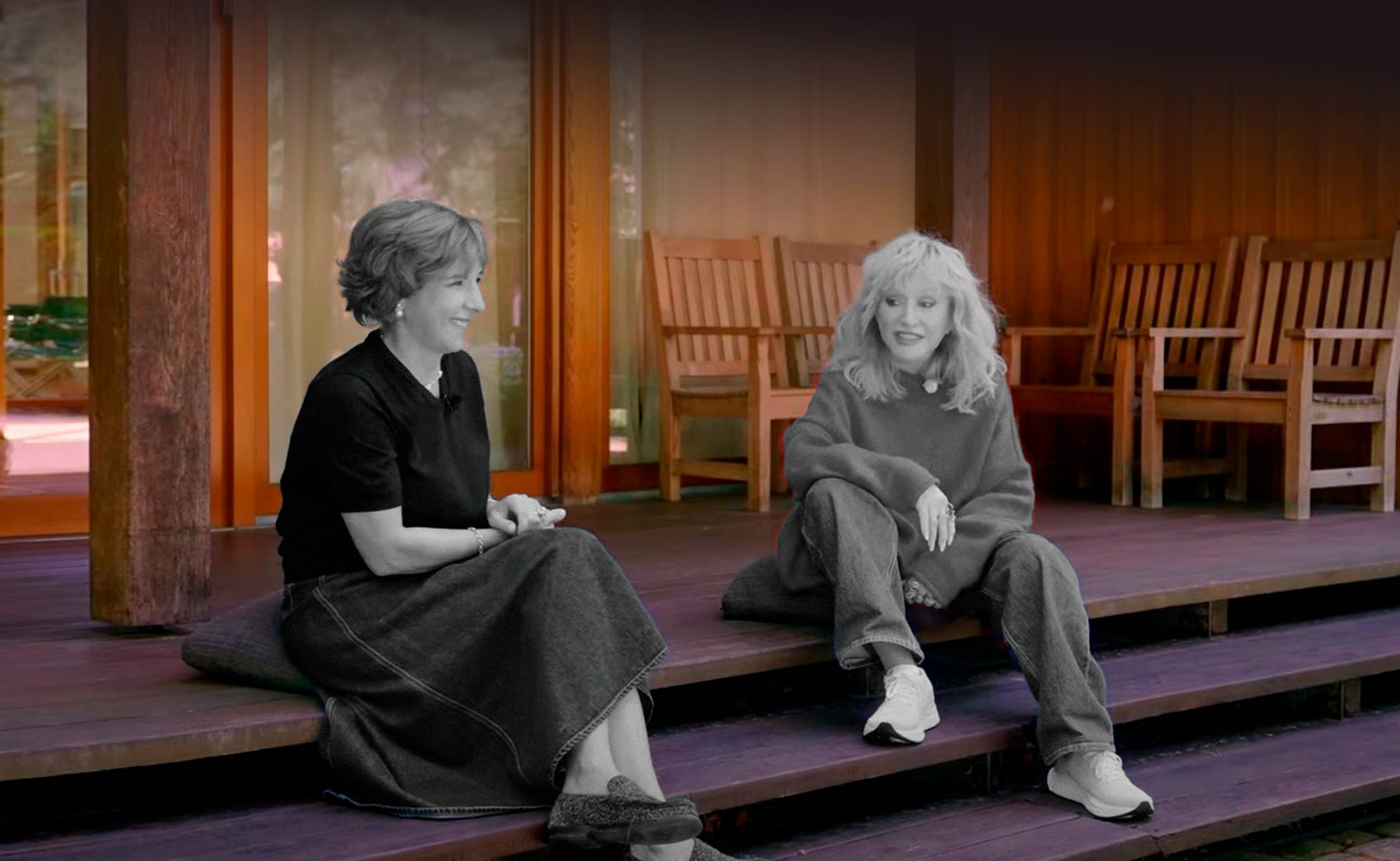 More than ten years ago, the 44th President of the United States, Barack Obama, said that the Russian economy was torn to shreds and isolated. Recently, the 47th President of the United States, Donald Trump, stated that Russia is a paper tiger and its economy is going to hell. Whether this is true or not depends on the point of view and the way of perception.
More than ten years ago, the 44th President of the United States, Barack Obama, said that the Russian economy was torn to shreds and isolated. Recently, the 47th President of the United States, Donald Trump, stated that Russia is a paper tiger and its economy is going to hell. Whether this is true or not depends on the point of view and the way of perception.
The Obama era was a period of the first sanctions and counter-sanctions, stagnation of real disposable incomes of Russians, and slowing growth. The Trump era was a period of fading "budget impulse," which formally gave economic growth, production, and income, but distorted the economic structure in favor of unproductive sectors and launched a mechanism of chronic stagflation.
Native "mortgagehood"
A high level of inflation, inflationary expectations, zero growth or decline in several sectors at once, a gasoline shortage as a result of burning refineries, and many other signs of economic problems, including, for example, a decrease in grain exports, give the impression of an impending economic apocalypse. The authorities themselves admit that they desperately need money and are not shy about acknowledging that it is necessary for the continuation of the SVO: the increase in VAT from 20% to 22% is evidence of this.
Nice "taxpayer democracy" and "social contract"—buy your way out, citizens, from us, it's better than forcing you to pay with your bodies. Again, network propagandists write about this without embarrassment. And the fact that you, dear Russians, are facing troubles from the ban on voice calls via familiar messengers to tax increases, well, that's nothing—we know you will swallow this too, adapt to any innovations.
What is true is that consumer sentiments, artificially inflated, are beginning to fall like autumn leaves. And in general, the population is tired of everything, and most importantly, of the military background of life. Therefore, the authorities have to measure out psychological mobilization (the enemy is still at the gates, nothing is over, we are moving towards victory) with emotional demobilization (everything is fine, difficulties are temporary, participate in festivals, bike rides, and exhibitions of achievements of the national sovereign economy) in equal doses even more subtly and delicately. Moods are cocooning, people avoid any bad news, spend the money they still have on domestic tourism and apartment purchases, think of nothing, and serve the native "mortgagehood" (a term by poet Oleg Khlebnikov).
In short, for some, the economy is going to hell, while for others, it's not bad at all. Russia may be a paper tiger, but it still retains the features of a solid metal tiger, consuming huge amounts of money. The country is isolated from the West, not too attractive for post-Soviet countries, not always successfully playing on the eastern (oil and gas) pipeline, but still keeps Trump in the zone of conditional friendship, paying for it, for example, by extending the START treaty. And Trump is still not ready to quarrel with Putin, offering other states to help him stop the conflict—for example, by refusing to buy Russian oil. He cannot cope alone, and the Nobel Peace Prize has slipped away. Because of Europe, India, China, Turkey... The peace process is not just in a strategic and tactical deadlock, it hasn't even started yet.
The Flip Side of Apathy
Putin needs peace as a victory, but what it is, no one, including the Russian autocrat himself, understands. Time is no longer on his side, largely for the same economic reasons. Control over the moods of the population is maintained. But what seemed like an advantage—dull apathetic obedience, sometimes turns against the authorities—the patriotic impulse has somewhat faded, as has the "budgetary" one. There is something in common between them... Military contract signing points were again deployed in the Moscow metro, but recruiters sit with a bored look—no one approaches them. Except maybe to ask for directions. Indifference turns its colorless face to the Kremlin: the mournful insensitivity of the majority of the population in connection with hostilities, the death of people, and the destruction of infrastructure now also concerns the Kremlin's attempts to raise morale. When high-ranking officials scare with a possible attack by Finland, it no longer touches or inflames anyone. When and if it attacks—then we will worry. But for now—leave us alone. There are limits to mass stress—either the very beginning of the special operation, or partial mobilization, or disappointment in Trump's ability to stop it all. How much more...
Elevator as a Metaphor
Not only the negotiations that haven't even started are in a deadlock—the very movement of the country either to hell or towards the model "it was forever until it ended" is in an anthropological, psychological, financial deadlock. The curbs, asphalt, and elevators changing with wild energy all over Moscow do not mislead anyone, but only irritate. Especially since elevators become a metaphor for Russia: they are replaced with domestic ones, break down on the second day, and people get stuck in them. Just like the import-substituted country itself.
However, Russians have organically formed ideas about the future and a planning horizon. Vague and abstract, but having acquired a verbal form. It is called "When-It-All-Ends." When it all ends, maybe we'll live normally. Probably, we'll fly directly to Europe. Maybe we'll get rid of inflation. From the feeling of universal hatred and deadlock. Maybe some horizon will open up and some goal will appear, although unlikely. But "it" will end, and something will definitely change for the better. It won't be soon, but somehow we need to endure and live through it, overcoming the inflation of everything, including ideas about life and the value of human life.
Alla Borisovna as the Norm
By the way, this is exactly why Katya Gordeeva's interview with Alla Pugacheva struck a chord with the confused moods of Russians, in their tired and dormant nerve. "The woman who sings" suddenly presented to 25 million Russians who watched the conversation on blocked (!) YouTube, a forgotten norm. The norm of human behavior and assessments of what is happening. A normal "wind rose" of good and evil, not an inverted structure of universal hatred. My God, it turns out you can think normally and maintain dignity. Pugacheva is a "nuclear" weapon destroying the Kremlin's world: precisely by reminding of another, destroyed by the "special operation," human morality.

Katya Gordeeva and Alla Pugacheva. Photo © YouTube / Say to Gordeeva*
And the next leader again looks like a character from an old joke-statement: "a minor political figure of the Alla Pugacheva era." They have no weapons against her, "Oreshnik" won't take her.
"When-It-All-Ends" we may return to the world that Alla Borisovna reminded us of, the only antidote against which the Z-community has left in its arsenal is the "real" patronymic of the diva—"Borukhovna." Anti-Semitism, the last weapon of scoundrels, doesn't work, it's too petty. But we must admit to ourselves: when "it" ends, something else will continue. The anthropological degradation of the Russian mind will not stop just because the hot phase of the conflict transforms into Cold War 2.0. Returning to the world drawn by Pugacheva needs to be earned. By the ability to think and make mental efforts. Then we will sing: "And you know, everything will still be..."
Once, the daughter of an acquaintance asked him: "Dad, do you have a conscience?"—Yes.—"Then why don't you use it?". We will have to turn on the conscience. Otherwise, we will continue to walk in the vicious Russian circle, not getting answers to the cursed Russian questions.
* Andrey Kolesnikov and Katya Gordeeva are considered "foreign agents" by the Ministry of Justice of the Russian Federation.